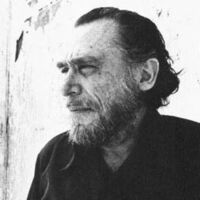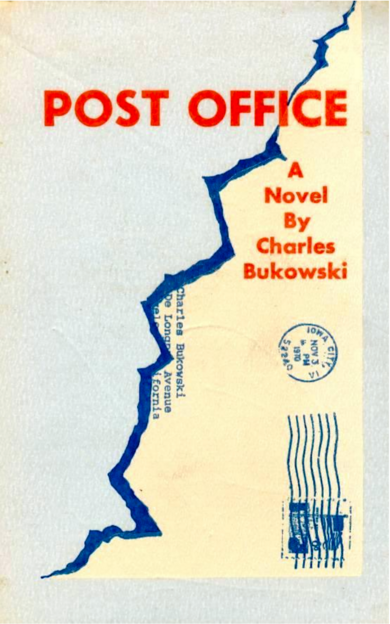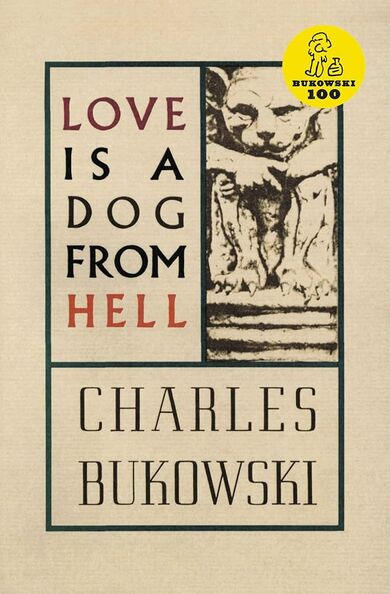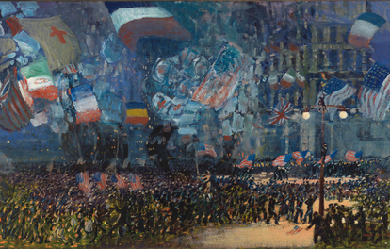Ham on Rye: 41
R.O.T.C. kept me away from sports while the other guys practiced every
day. They made the school teams, won their letters and got the girls. My
days were spent mostly marching around in the sun. All you ever saw were the backs of some guy’s ears and his buttocks. I quickly became disenchanted with military proceedings. The others shined their shoes brightly and seemed to go through maneuvers with relish. I couldn’t see any sense in it. They
were just getting shaped up in order to get their balls blown off later. On
the other hand, I couldn’t see myself crouched down in a football helmet, shoulder pads laced on, decked out in Blue and White, #69, trying to block some mean son-of-a-bitch from across town, trying to move out some brute with tacos on his breath so that the son of the district attorney could slant off left tackle for six yards. The problem was you had to keep choosing between one evil or another, and no matter what you chose, they sliced a little bit more off you, until there was nothing left. At the age
of 25 most people were finished. A whole god-damned nation of assholes driving automobiles, eating, having babies, doing everything in the worst way possible, like voting for the presidential candidate who reminded them most of themselves.
I had no interests. I had no interest in anything. I had no idea how I
was going to escape. At least the others had some taste for life. They seemed to understand something that I didn’t understand. Maybe I was lacking. It was possible. I often felt inferior. I just wanted to get away
from them. But there was no place to go. Suicide? Jesus Christ, just more work. I felt like sleeping for five years but they wouldn’t let me.
So there I was, at Chelsey High, still in the R.O.T.C., still with my boils. That always reminded me of how fucked up I was.
It was a grand day. One man from each squad who had won the Manual of Arms competition within his squad stepped into a long line where the final competition was to be held. Somehow I had won the competition in my squad. I had no idea how. I was no hot shot.
It was Saturday. Many mothers and fathers were in the stands. Somebody blew a bugle. A sword flashed. Commands rang out. Right shoulder arms! Left shoulder arms! Rifles hit shoulders, rifle butts hit the ground, rifle
stocks slammed into shoulders again. Little girls sat in the stands in their
blue and green and yellow and orange and pink and white dresses. It was hot, it was boring, it was insanity.
“Chinaski, you are competing for the honor of our squadron!”
“Yes, Corporal Monty.”
All those little girls in the stands each waiting for her lover, for
her winner, for her corporate executive. It was sad. A flock of pigeons, frightened by a piece of paper blown in the wind, flapped noisily away. I yearned to be drunk on beer. I wanted to be anywhere but here.
As each man made an error he dropped out of line. Soon there were six,
then five, then three. I was still there. I had no desire to win. I knew
that I wouldn’t win. I’d soon be out of it. I wanted to be out of there. I
was tired and bored. And covered with boils. I didn’t give cream-shit for
what they were chasing. But I couldn’t make an obvious error. Corporal Monty would be hurt.
Then there were just two of us. Me and Andrew Post. Post was a darling.
His father was a great criminal lawyer. He was in the stands with his wife, Andrew’s mother. Post was sweating but determined. We both knew that he would win. I could feel the energy and all the energy was his.
It’s all right, I thought, he needs it, they need it. It’s the way it
works. It’s the way it’s meant to work.
We went on and on, repeating various Manual of Arms maneuvers. From the corner of my eye I saw the goal posts on the field and I thought, maybe if I had tried harder I could have become a great football player.
“ORDER!” shouted the Commander and I ripped my bolt home. There had been only one click. There had been no click to my left. Andrew Post had frozen. A little moan rose from the grandstands.
“ARMS!” the Commander finished and I completed the maneuver. Post did too but his bolt was open . . .
The actual ceremony for the winner came some days later. Luckily for me
there were other awards to be given. I stood and waited with the others as
Col. Sussex came down the line. My boils were worse than ever and as always when I was wearing that itchy brown wool uniform the sun was up and hot and making me conscious of every wool fiber in that son-of-a-bitching shirt. I
wasn’t much of a soldier and everybody knew it. I had won on a fluke because I hadn’t cared enough to be nervous. I felt badly for Col. Sussex because I knew what he was thinking and maybe he knew what I was thinking: that his peculiar type of devotion and courage didn’t seem exceptional to me.
Then he was standing right in front of me. I stood at attention but
managed to sneak a peek at him. He had his saliva in good order. Maybe when he was pissed-off it dried up. In spite of the heat there was a good west
wind blowing. Col. Sussex pinned the medal on me. Then he reached out and shook my hand.
“Congratulations,” he said. Then he smiled at me. And moved on. Why the
old fuck. Maybe he wasn’t so bad after all . . .
Walking home I had the medal in my pocket. Who was Col. Sussex? Just some guy who had to shit like the rest of us. Everybody had to conform, find
a mold to fit into. Doctor, lawyer, soldier—it didn’t matter what it was.
Once in the mold you had to push forward. Sussex was as helpless as the next man. Either you managed to do something or you starved in the streets.
I was alone, walking. On my side of the street just before reaching the
first boulevard on the long walk home there was a small neglected store. I stopped and looked in the window. Various objects were on display with their soiled price tags. I saw some candle holders. There was an electric toaster.
A table lamp. The glass of the window was dirty inside and out. Through the rather dusty brown smear I saw two toy dogs grinning. A miniature piano. These things were for sale. They didn’t look very appealing. There weren’t any customers in the store and I couldn’t see a clerk either. It was a place
I had passed many times before but had never stopped to examine.
I looked in and I liked it. There was nothing happening there. It was a
place to rest, to sleep. Everything in there was dead. I could see myself happily employed as a clerk there so long as no customers entered the door. I turned away from the window and walked along some more. Just before reaching the boulevard I stepped into the street and saw an enormous storm drain almost at my feet. It was like a great black mouth leading down to the bowels of the earth. I reached into my pocket and took the medal and tossed it toward the black opening. It went right in. It disappeared into the
darkness.
Then I stepped onto the sidewalk and walked back home. When I got there my parents were busy with various cleaning chores. It was a Saturday. Now I had to mow and clip the lawn, water it and the flowers.
I changed into my working clothes, went out, and with my father
watching me from beneath his dark and evil eyebrows, I opened the garage doors and carefully pulled the mower out backwards, the mower blades not turning then, but waiting.






